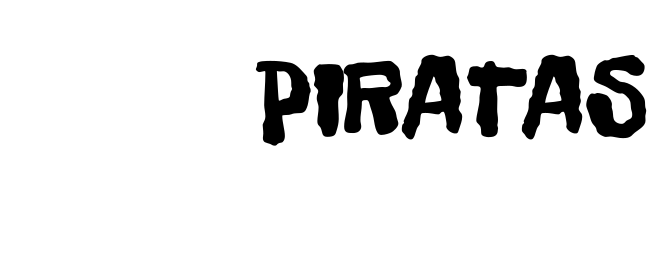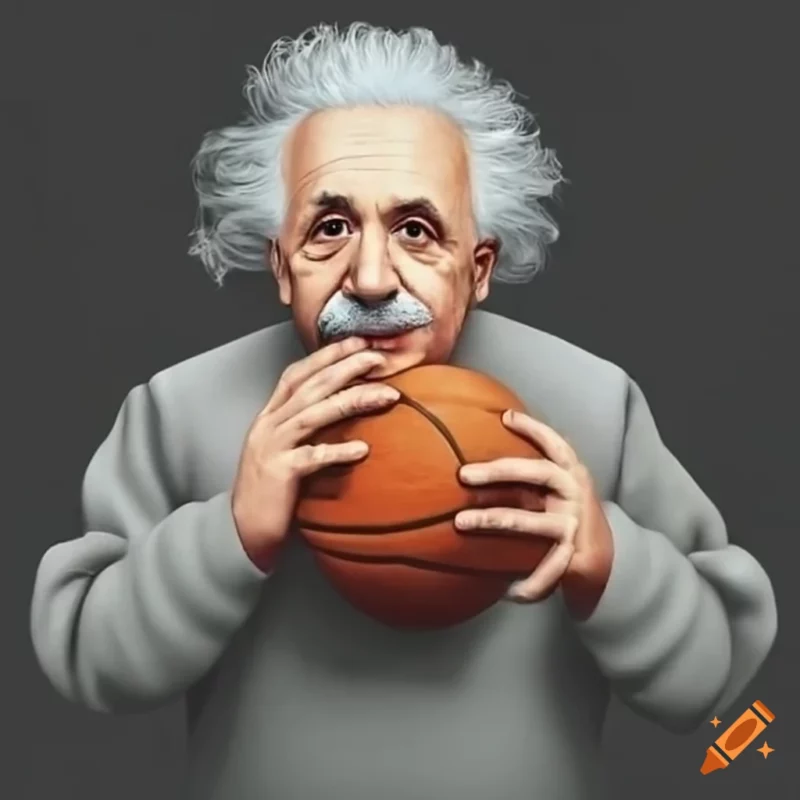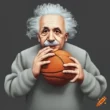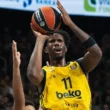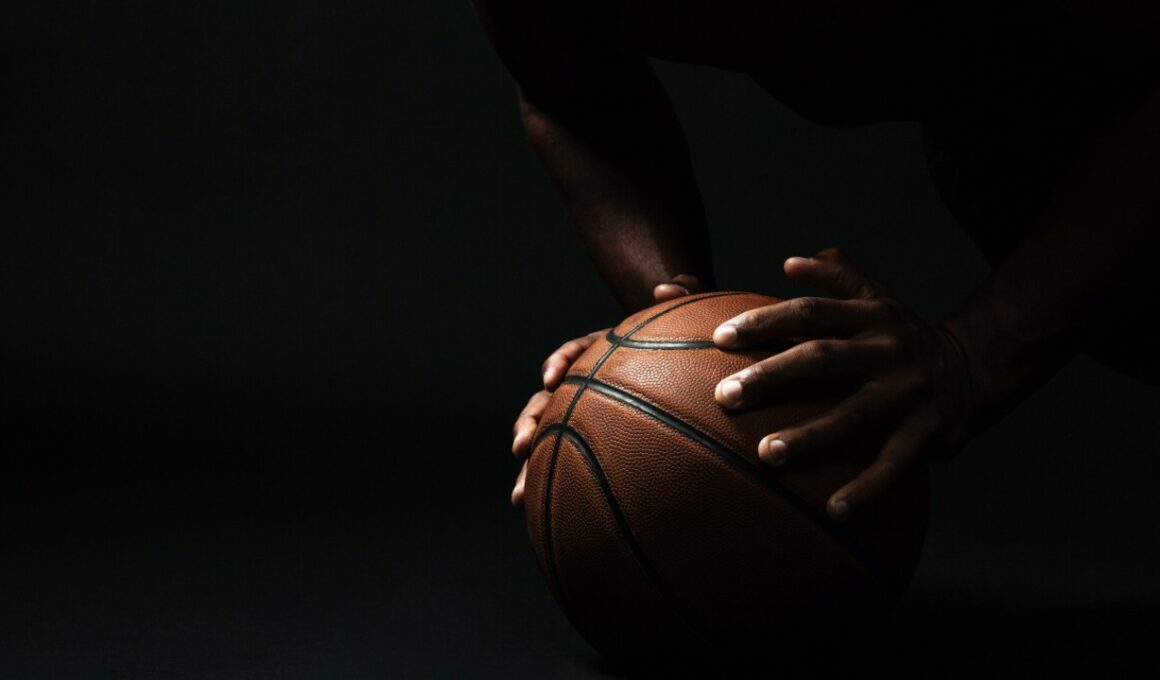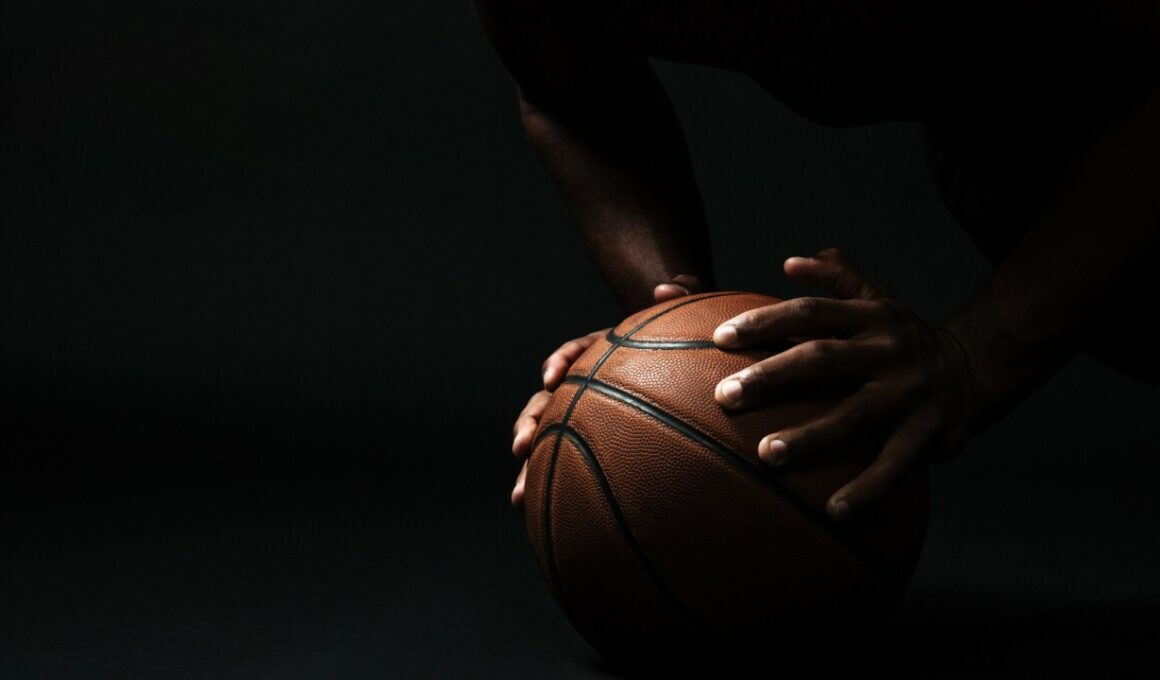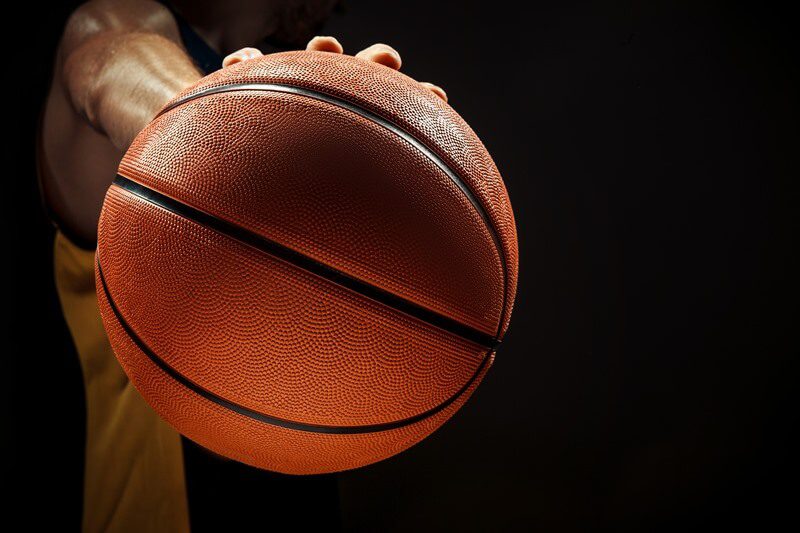It seems that the world has moved into a place that many are describing as an overwhelming bombardment of social media influence and influencers. That may be so as the number of social media “apps” available increases practically daily and without boundries.
However, I believe that there are constants in the world and that;
The more things change the more they stay the same.
For example, I know that when I was growing up and, I believe, still holds true today is that our civilization, in one way or another, provides us with people to look up to, admire that we commonly refer to as, ROLE MODELS.
I had mine, that in my case were sports figures, and my friends and siblings also had theirs. Whether they be local, national or universal they were the ones we wanted to imitate.
A role model is a person who serves as an example and whose behavior, achievements, or values are emulated by others. Role models can come from various walks of life and can be anyone who inspires others to follow their path, whether through personal, professional, or social attributes.
Characteristics of a Role Model
Integrity and Ethical Behavior:
Role models often display strong moral principles and ethical conduct. They act consistently with their values and principles, which earns them respect and admiration.
Accomplishments and Success:
They achieve significant success in their field, whether it’s in sports, business, academics, or other areas. Their achievements often inspire others to strive for similar success.
Resilience and Perseverance:
They demonstrate the ability to overcome obstacles and setbacks. Their perseverance in the face of challenges shows others that persistence is crucial for success.
Positive Influence:
Role models positively influence others through their actions and words. They often mentor, guide, and encourage others to reach their full potential.
Humility and Accessibility:
Despite their success, many role models remain humble and accessible. They engage with others and share their experiences and knowledge.
Consistency:
They consistently exhibit the traits and behaviors that others admire. This consistency reinforces their reliability as a role model.
Impact of Role Models
Inspiration:
Role models inspire individuals to pursue their goals and dreams. Seeing someone else succeed provides motivation and the belief that similar achievements are possible.
Behavioral Influence:
People often imitate the behaviors and attitudes of their role models. This can lead to the adoption of positive habits and values.
Career and Personal Development:
Role models can influence career choices and personal development. For example, a successful scientist might inspire young students to pursue careers in science.
Social and Community Impact:
Role models can have a broader impact on society by advocating for social causes, leading community initiatives, and setting a standard for responsible citizenship.
Types of Role Models
Personal Role Models:
These are individuals within one’s personal circle, such as parents, teachers, friends, or mentors. They directly influence one’s personal growth and development.
Professional Role Models:
Individuals who are admired for their success and conduct within a professional field. Examples include industry leaders, successful entrepreneurs, and accomplished professionals.
Public Figures:
Celebrities, athletes, social media personalities or public personalities who have achieved a high level of recognition and whose actions and success are widely visible.
Historical Figures:
People from history whose lives and achievements continue to inspire. Figures like Martin Luther King Jr., Mahatma Gandhi, and Marie Curie serve as timeless role models.
In concluding, a role model is a vital figure who shapes and influences the behaviors, ambitions, and values of others. The impact of a role model can be profound and far-reaching, making the choice of whom to emulate an important consideration.
Which brings me to the basis of this posting.
The fact is that MANY of the youth program coaches have their role models in the professional clubs. Role model coaches that do not display the aspects of this craft that are needed to be a successful youth based “Mister”.
I want to use this forum to convey some points/helpful instructions and messages to the all the youth coaches, their respective clubs and in general ALL clubs.
We know that this posting may not apply to a large portion of Piratas readers but we kindly request that you forward this to any directors, mini-basket/juvenile or school coaches that you may know or have contact with. We believe it is important for them and for sports youth now and for the future.
These details below are basic but often forgotten common sense to anyone dealing with youth groups and in some cases to all of us as I believe that they are common sense notes.
The Musts or the Basics needed by youty Coaches
Know Thyself. [This may the most important and at the same time the most difficult of all these basics]. It is not an easy assignment. The opinion or image that we have of ourselves is based on our life experiences, family, school, work history and surroundings. A small and simple example: Two different men watch the same news on two different channels CNN and Fox for Americans) and (Antenna 3 and TVE for Spaniards) and we have two different opinions and beliefs about the same subjects, two different visions of life and of beliefs that we think are 100% right and justified.(I try to watch both or none).The opinions we have of life, and our beliefs and of ourselves are reinforced daily and trying to know them is not easy. But meet the other guy that watches the other channel with his child and we see the world is not what we have in our head. This can often lead to misunderstandings and even conflict. Knowing thyself in a world of change is no easy deal. No easy deal at all.] *To Do: Ask 5 of your closest friends, both male and female, about you. 5 things about your personality, what and how they see you…and let their answers be returned to you anonymously because what we think of ourselves in NOT what we project and not what we are.
Know your players. This at #2 rivals #1 in its complexity. Know their Family, siblings, social economic aspects.
Know your particular Game. Everything! the rules, the strategies, the positions, the tactics and the “tricks”.
Know your Team. The group. The dynamics, the hierarchy and chemistry.
Remember. Always remember that we are educators, not dictators.
We are also motivators. Our personality, convictions, goals and techniques are utmost in importance. We develop attitudes, athletes and achievements.
Be aware of the Times. Be flexible – Adapt to the team needs like Social Media and Telephones
Compliment loudly, criticize in a whisper. Leave the hysteria home.
Body language is important. So too is voice control important. *Gestures
We are examples and must be up to that task. Our teams are an extension of ourselves. We impose rules andmust show Maturity, Discipline and our physical aspect. Any behavior violating one’s own rules only brings you disrespect from the group.
Plan, Patience and Protocol. Methodology is of the utmost importance. Both for the team and the individual we must plan: Yearly, Monthly Weekly and Daily.
Remember that no two players are alike and all are individuals with specific needs that need to be fulfilled. Each individual has his own reasons for competing and must command a whole range of skills whether it be an individual or a team sport. The types of players are too many to list but the scope of athletics is as varied as life itself.
The Genders matter and are distinct. What language and behavior in one may not be appropriate for the other.
Passion! Stay in the Present and while enthusiasm is amuct it must not be exxagerated.
Know how to win and how to lose! You are the example. Your players follow your lead.
The Scope of Athletics and Sports. The scope of athletics covers every type of sport and every type of person. As our society is in constant flux and change so must a coach be dynamic and must remain modern. In fact the coach whose philosophy remains unchanged and fails to remain with the times is doomed. The year 2024 is not the year 2000. (See #7) We are living in a new age. In the final analysis a coach must decide what is now best for his players, his team and himself.
The Athlete and his Personality.
Their level – their age – their individual motivation – their talent levels and their physical adabilitiesl are the important parts of their being. We, as coaches, based on those factors, must adapt to the players that we have.
Summary: You are the #1 example of sports, sportsmanship and competitive education. Do not take your cues from the professional coaches that you watch on TV, they are under extreme pressure to win or get fired, while you on the other hand are where you are for unique and valuable reasons.You are equally or more important than the Euro League or Top division coaches in your country. They are, of course, in the present but you are producing the future. Remember that your work has the merit that you put into it. Your rewards are seen now and will be seen tomorrow. So… Be the best you can be.
The Jump Ball Section:
What CAN the Spain youth coaches produce? Do they have the clubs support that the youth coaches/programs had in the past? The support that produced the Gasols’, the Navarros’ and the Calderons’ If not able how will they be able to produce the excellence needed for future National Teams? There is a general fear that this is a current concern of the Spanish basketball scene. We call on the clubs to provide their youth coaches with everything they need
THE UNFAIR DEPARTMENT: Can anyone explain why there is still the ritual of a jump ball to begin a game? This event was a tactical, competitive aspect that has been removed? Why? Might as well just a coin toss for what it’s worth. There is one however an advantage of winning the initial jump ball. That team will get an “extra” possession in the first and possibly only OT period. This distribution of possessions will be evened out ONLY if there are two OT’s.
The Apple Does Not Fall Far from the Tree Department:
The #21 Derrick Alston Jr for BAXI Manresa is the true son of a great player father Derrick Alston Sr of Manresa and FC Barcelona with the son showing the same high quality virtues and skills of the father. Look for Derrick Jr. to be recruited by the top Euro clubs in the very near future.
Artículos de opinión
Redes sociales:
X: @TimShea03304927
Facebook: Tim L Shea
Instagram: tim.shea49
